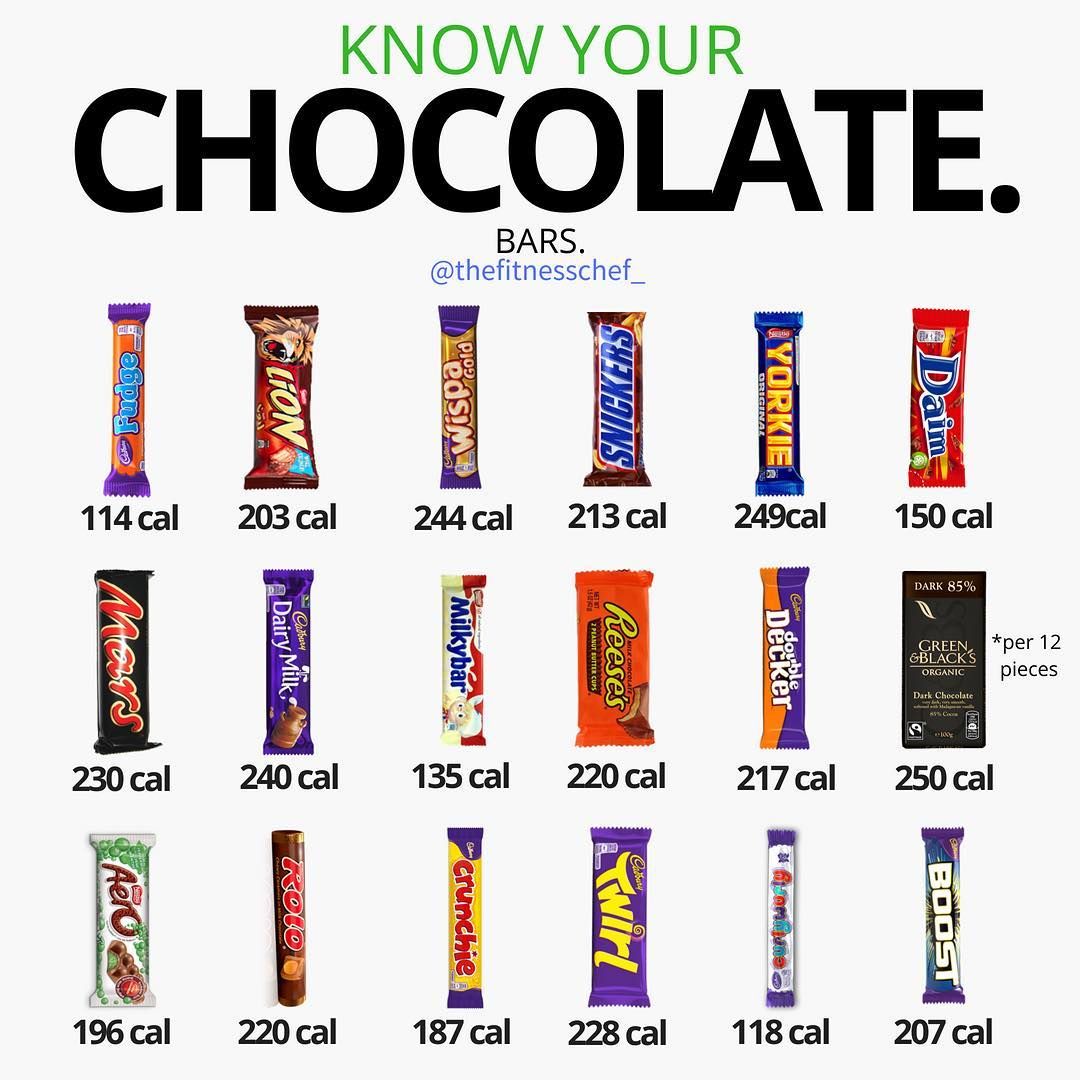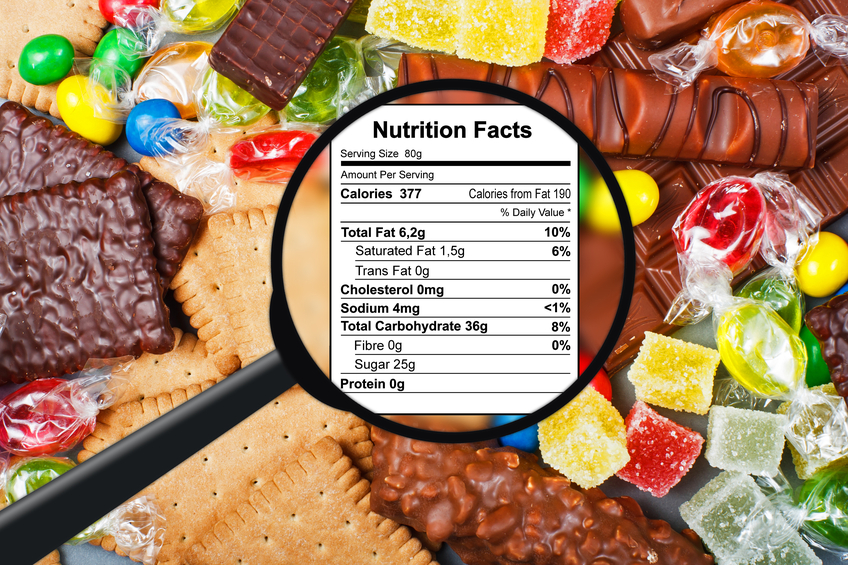5 reasons why chocolate is not good for my health
By Hira Waheed
2 June 2023
Chocolate, with its irresistible allure and rich flavors, has long been a beloved treat for many. However, it's important to acknowledge that while chocolate can be a delightful indulgence, there are certain considerations to keep in mind regarding its impact on health. In this article, we will explore five reasons why chocolate may not be as good for your health as you might think, shedding light on its potential drawbacks.

Calorie Density

Chocolate is calorie-dense, meaning it contains a significant number of calories in a relatively small portion. Regular consumption of high-calorie foods like chocolate can contribute to weight gain and make it challenging to maintain a healthy weight, especially if not balanced with a nutritious diet and regular exercise.
Added Ingredients

Many commercially available chocolate products contain added sugars, unhealthy fats, and artificial additives, further increasing their calorie content and potential negative impact on weight management.
High Sugar Content
Chocolate, particularly milk and white chocolate, often contains a substantial amount of added sugars. Regular consumption of sugary foods can lead to blood sugar spikes and contribute to the development of conditions like insulin resistance and type 2 diabetes.
Glycemic Index
Chocolate has a moderate to high glycemic index, meaning it can cause a rapid increase in blood sugar levels. This can lead to subsequent crashes in energy levels and cravings, negatively impacting overall blood sugar control.
Saturated Fat

Certain types of chocolate, such as dark chocolate and chocolate-based desserts, can be high in saturated fat. A diet rich in saturated fat can increase levels of LDL cholesterol (the "bad" cholesterol) and contribute to the risk of heart disease and other cardiovascular conditions.
Caloric Balance
The high-calorie content of chocolate, combined with its saturated fat content, can tip the balance of daily caloric intake and potentially contribute to weight gain and cardiovascular health concerns.
Common Allergens

Chocolate contains ingredients like milk, nuts, and soy which are common allergens, and consumption of chocolate may trigger allergic reactions in susceptible individuals.
Sensitivity to Caffeine and Theobromine
Chocolate naturally contains caffeine and theobromine, stimulants that can affect individuals differently. Some people may experience sensitivity to these compounds, leading to symptoms like jitters, increased heart rate, or disrupted sleep.
Pre-existing Conditions
Individuals with certain health conditions, such as migraines, gastroesophageal reflux disease (GERD), or irritable bowel syndrome (IBS), may find that chocolate exacerbates their symptoms. It's important to be mindful of personal health circumstances when consuming chocolate.
While chocolate can offer moments of indulgence and delight, it's essential to be aware of its potential downsides. The high-calorie content, sugar, unhealthy fats, and individual health considerations associated with chocolate consumption should be taken into account. By making informed choices, practicing moderation, and focusing on a well-rounded and balanced diet, chocolate lovers can still savor their favorite treat while prioritizing overall health and well-being.
You Might Also Want To Read This
Popular Posts







